Nature and Scientists Do It Better Than Photoshoppers
First of all, let's just quickly revise what we (think we) know about species. It is surprising how many of us doesn't know how to define species exactly. So here's a little help – officially, one specie includes all the animals who can reproduce and have fertile offspring, with the fertile offspring being the key words. In most of the cases those animals look alike, but not necessarily. And all goes according to the plan when animals inside a specie procreate, but sometimes, no matter how beautiful and cute their offspring can be, they cannot procreate further. I agree that it would be too many possibilities if they could, but just look at what we already have. That 'dead end' in the cross-species procreation are infertile, but immensely beautiful animal hybrids. Let's take a look.
1. Liger
Thanks to Napoleon Dynamite, we are all familiar with liger – an offspring of male lion and female tiger. They are definitely the largest cats in the world (they are bigger than both their parents). They picked up some of the best characteristics of both lions and tigers, but unfortunately they are only bred in captivity.
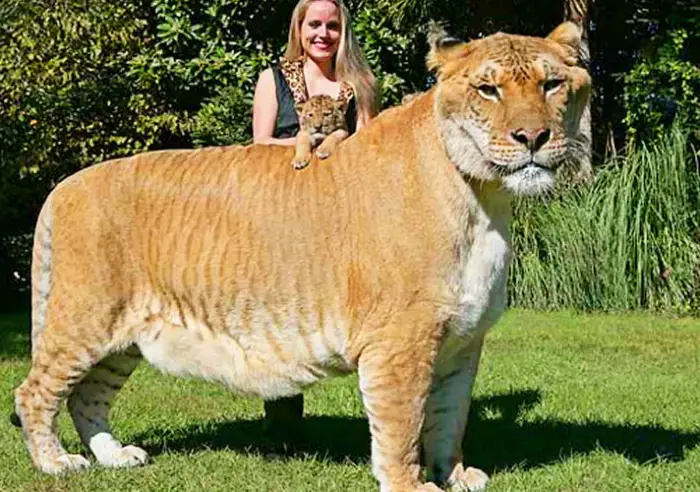
2. Tiglon
The opposite of liger is tiglon, and of course you can already guess – it's a cross hybrid of male tiger and female lion. I think you'll agree with me, they look amazing! They also bear more (in)visible characteristics from both parents – spots and stripes. These hybrids, unlike ligers, do not exceed the size of their parents.
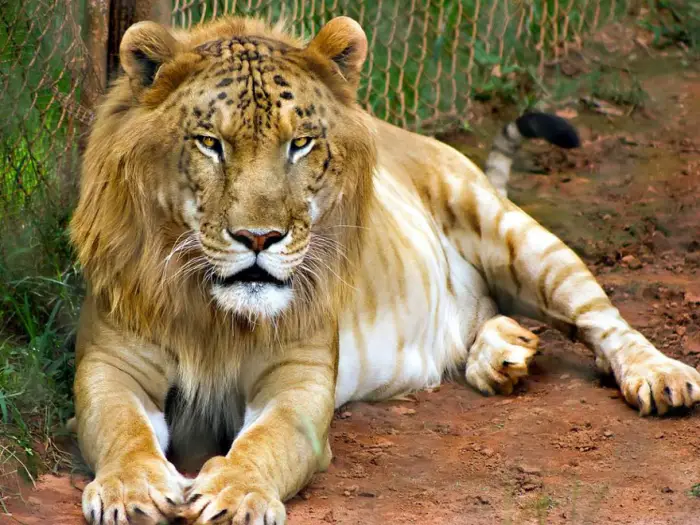
3. Leopon
A similar concept but even more incredibly looking are leopons – a hybrid of male leopard and female lion, a lioness. These animals are also bred in captivities exclusively, but after a short time of popularity, it was harshly critisized by zoologists, mostly because they live very shortly and end up with some form of cancer.
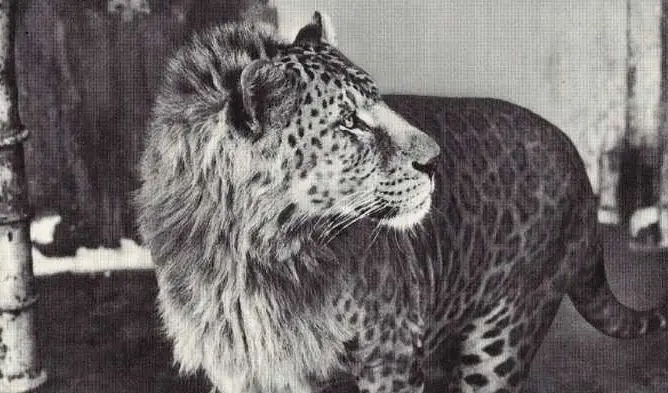
4. Zonkey
Zonkeys are, as can be inferred from the name, hybrids of male zebras and female donkeys. Unlike the previous three hybrids, there are reported seeings of zonkeys in the wilderness, because of the proximity of zebras and donkeys in Africa, but they are bred as a tourist attraction in the zoos around the world, too.
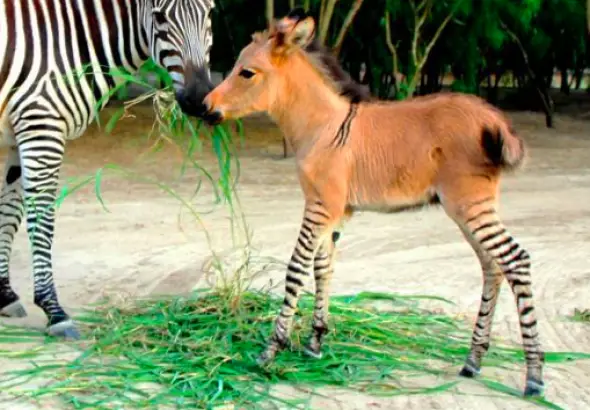
5. Zebroid
Another 'mixture' of zebras and any other equine is so called zebroid. This animal is considered to be very aggressive, and an interesting fact about it is that Darwin first mentioned it. And yes, they also look extraordinary.
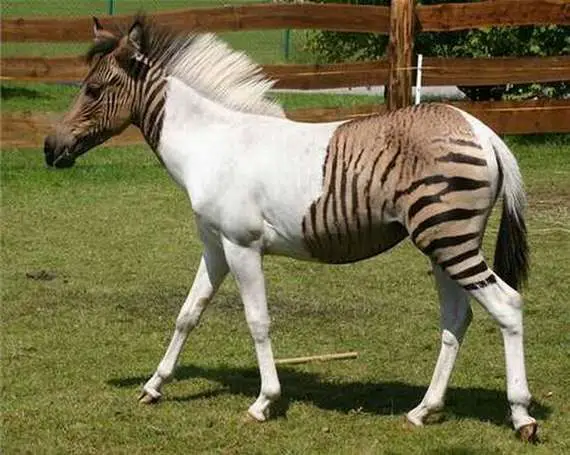
6. Hinny
I guess we all know about mules, but a less known hybrid of the same animals is hinny, the offspring of female donkey and male horse. They are smaller than horses, but equally elegant looking.
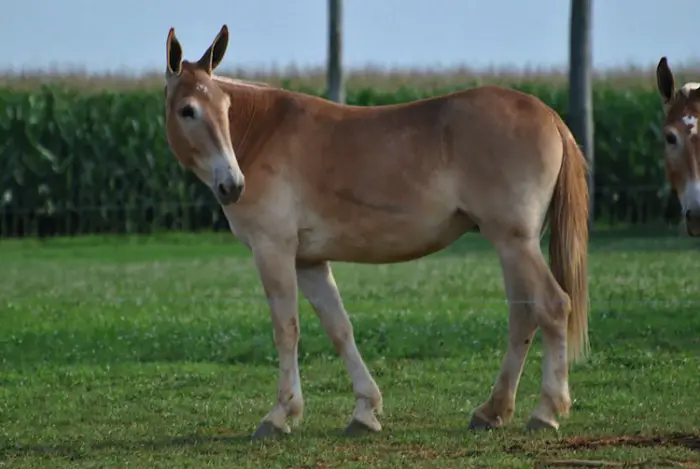
7. Geep
Geeps are hybrids of goats and sheep. Although they are so cute, the ugly truth is that they are very rare, and usually stillborn.
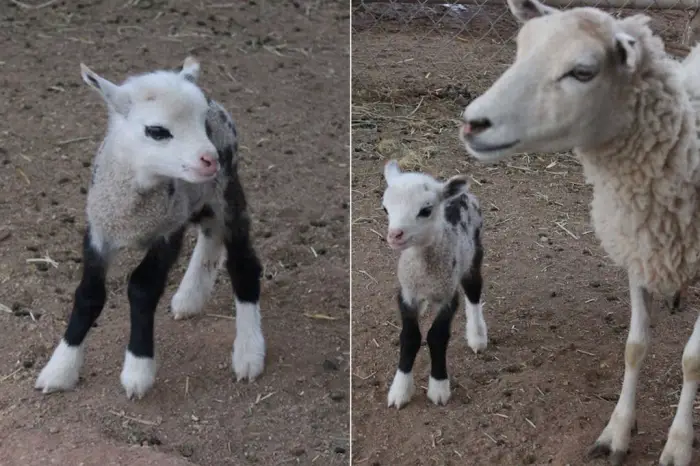
8. Wholfin
You get wholfins when male false killer whale and female dolphin mate. Most of these hybrids can be seen in Hawaii.
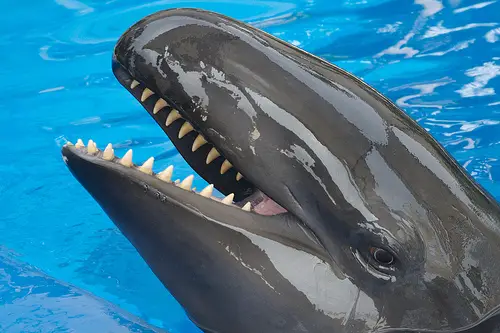
9. Cama
This hybrid was made on purpose, because in Dubai they needed an animal that could produce more wool than llama, so they created cama. It is always artificially produced and is made by crossing camels and llamas.
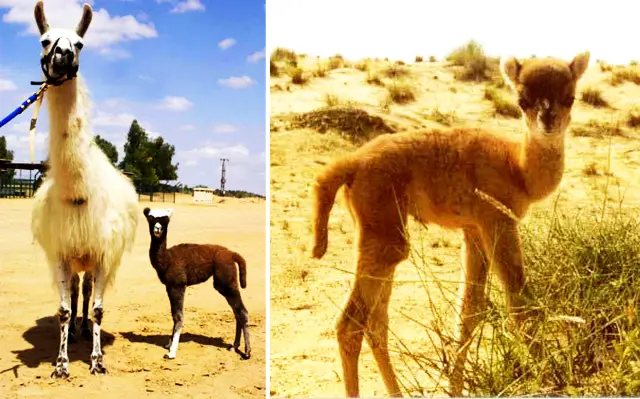
10. Coydog
Coydog is a hybrid of coyotes and dogs. Even though the mating cycles of dogs and coyotes usually don't match, you can see coydogs in wilderness. Unlike all the other hybrids, these are actually fertile and can procreate for 4 generations!
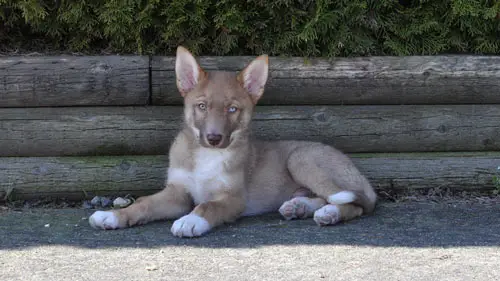
These are just some of them, that we found the most amazing, better than some photoshoppers made or some we can find in mythology. Stay with us for Part 2.
